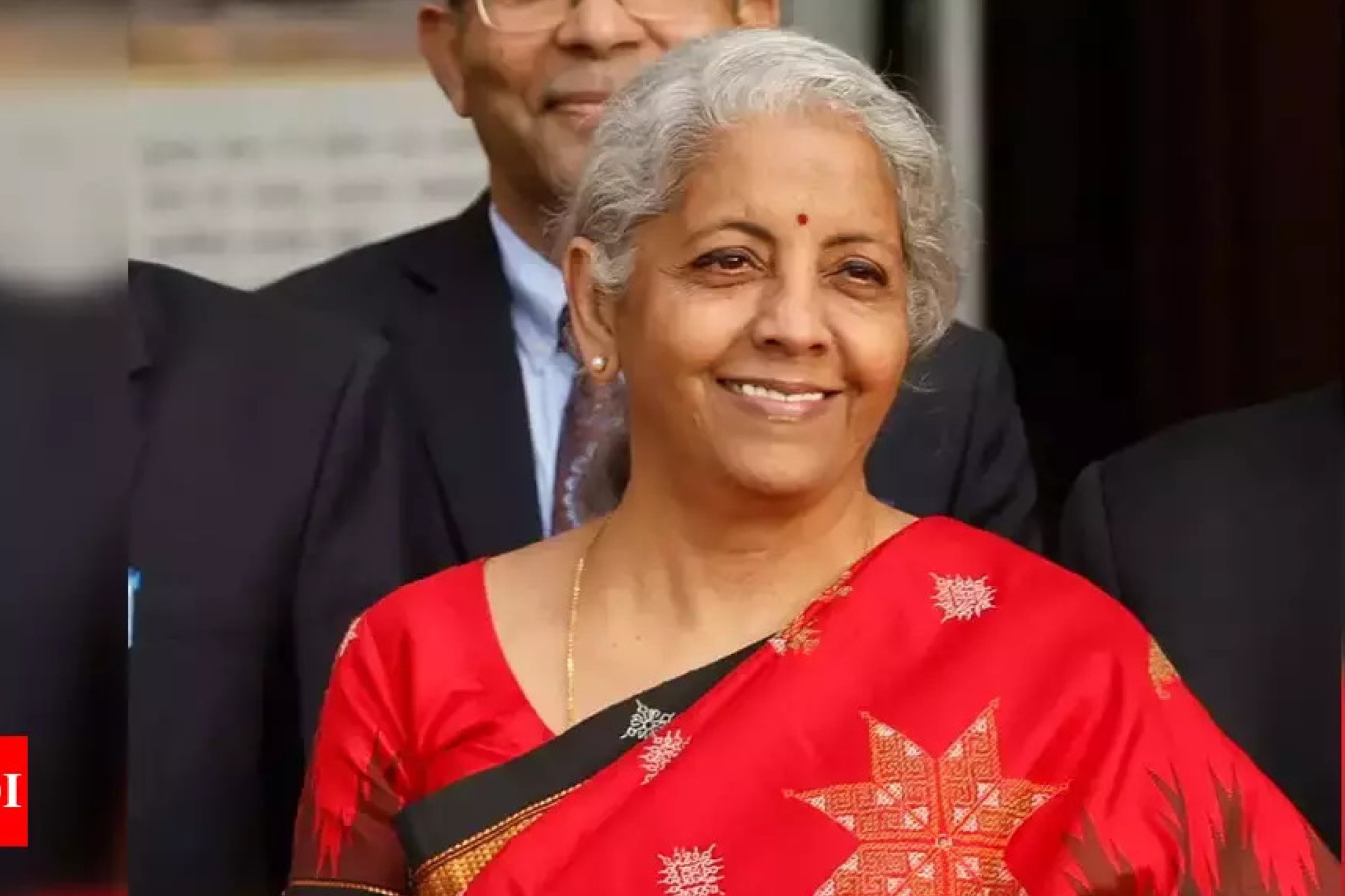Government unveils energy transition plan from solar to nuclear
By EPR Magazine Editorial July 24, 2024 4:50 pm IST
By EPR Magazine Editorial July 24, 2024 4:50 pm IST

A joint venture between NTPC and BHEL will establish a full-scale 800 MW commercial plant using AUSC technology.
Despite the global economy remaining under policy uncertainties, India’s economic growth remains the shining exception and will remain so in the years ahead. Minister of Finance and Corporate Affairs Nirmala Sitharaman, while presenting the Union Budget 2024-25 in Parliament, said that India’s inflation continues to be low, stable and moving towards the 4 per cent target. Core inflation (non-food, non-fuel) currently is 3.1 percent and steps are being taken to ensure supplies of perishable goods reach the market adequately. The Finance Minister said that as mentioned in the interim budget, the focus is on four major castes, namely ‘Garib’ (Poor), ‘Mahilayen’ (Women), ‘Yuva’ (Youth) and ‘Annadata’ (Farmer).
In presenting the Budget theme, Sitharaman said, turning attention to the full year and beyond, we particularly focus on employment, skilling, MSMEs, and the middle class in this budget. She announced the Prime Minister’s package of 5 schemes and initiatives to facilitate employment, skilling and other opportunities for 4.1 crore youth over a 5-year period with a central outlay of ₹2 lakh crore. This year, ₹1.48 lakh crore has been allocated for education, employment and skilling.
She emphasised energy security as a critical component of the budget, with several initiatives aimed at ensuring a balanced approach to employment, growth, and environmental sustainability. FM also announced new measures and policies around pumped storage and nuclear and thermal power plants. “A policy for promoting pumped storage projects will be brought out for electricity storage and facilitating smooth integration of the growing share of renewable energy with its variable and intermittent nature in the overall energy mix,” she said.
The PM Surya Ghar Muft Bijli Yojana, launched in the interim budget, aims to install rooftop solar plants, providing free electricity up to 300 units monthly for one crore households. The scheme has garnered significant interest, with over 1.28 crore registrations and 14 lakh applications. FM significantly mentioned solar energy in this budget, with an expansion of the list of capital goods exempted from customs duties for use in manufacturing solar cells and panels. However, the exemption for solar glass and tinned copper interconnect will not be extended due to sufficient domestic manufacturing capacity.
The FM stated that nuclear energy is expected to form a significant part of the energy mix for “Viksit Bharat”. For that agenda, the government will partner with the private sector for three things: setting up “Bharat Small Reactors”, researching and developing “Bharat Small Modular Reactors”, and researching and developing newer technologies for nuclear energy. The R&D funding announced in this budget, i.e. Rs 13,208 crore, will be made available for this sector.Sitharaman pointed out that developing indigenous technology for Advanced Ultra Super Critical (AUSC) thermal power plants with much higher efficiency has been completed. “A joint venture between NTPC and BHEL will set up a full-scale 800 MW commercial plant using AUSC technology. The government will provide the required fiscal support. Moving forward, developing indigenous capacity for producing high-grade steel and other advanced metallurgy materials for these plants will result in strong spin-off benefits for the economy,” FM added.
Presenting the budget, FM also addresses the transition of hard-to-abate industries from energy efficiency targets to emission targets. A roadmap will be created to move these industries from the current ‘Perform, Achieve and Trade’ mode to the ‘Indian Carbon Market’ mode, facilitating a more comprehensive approach to emissions reduction. Traditional micro and small industries will also receive support through investment-grade energy audits in 60 clusters, including brass and ceramic industries. Financial support will be provided to shift to cleaner energy forms and implement energy efficiency measures. This scheme is expected to expand to another 100 clusters in the next phase.
The Union Budget 2024-25 underscores the government’s commitment to sustainable growth, energy security, and inclusive development. With a strong focus on renewable energy, technological advancements, and support for various sectors, the budget aims to create a balanced and prosperous future for all citizens. This comprehensive approach is expected to bolster India’s economic resilience and ensure continued progress amid global uncertainties.
We use cookies to personalize your experience. By continuing to visit this website you agree to our Terms & Conditions, Privacy Policy and Cookie Policy.